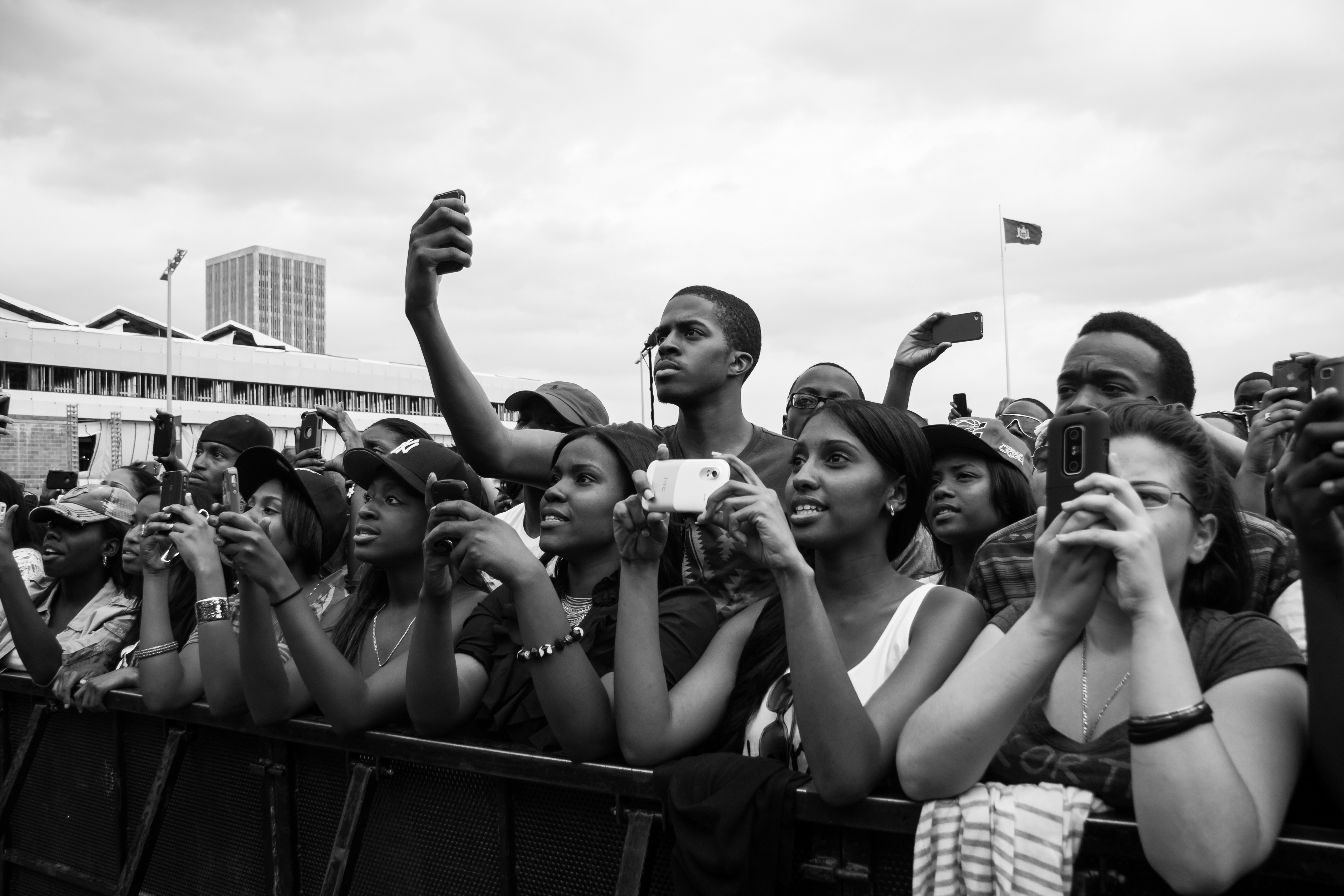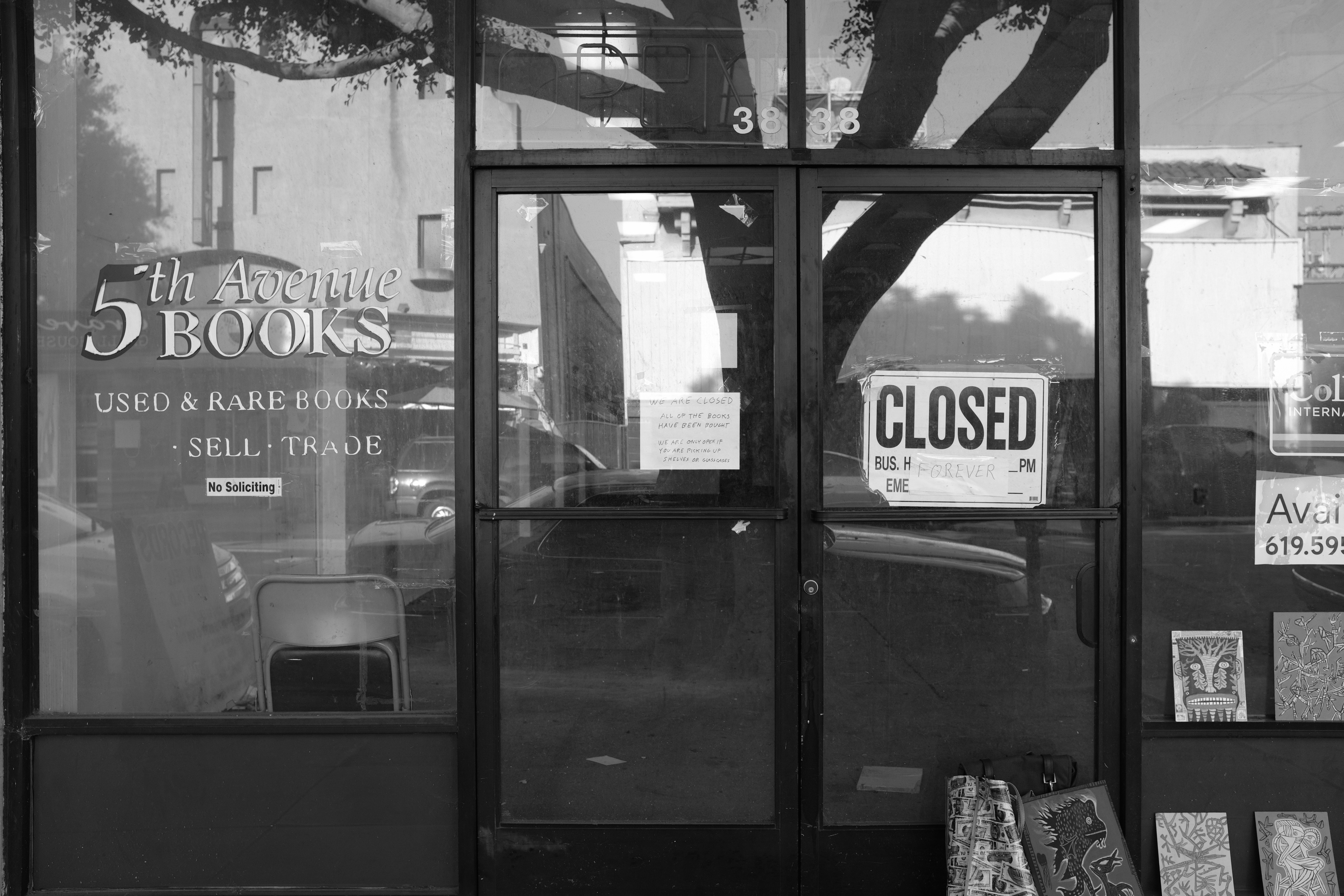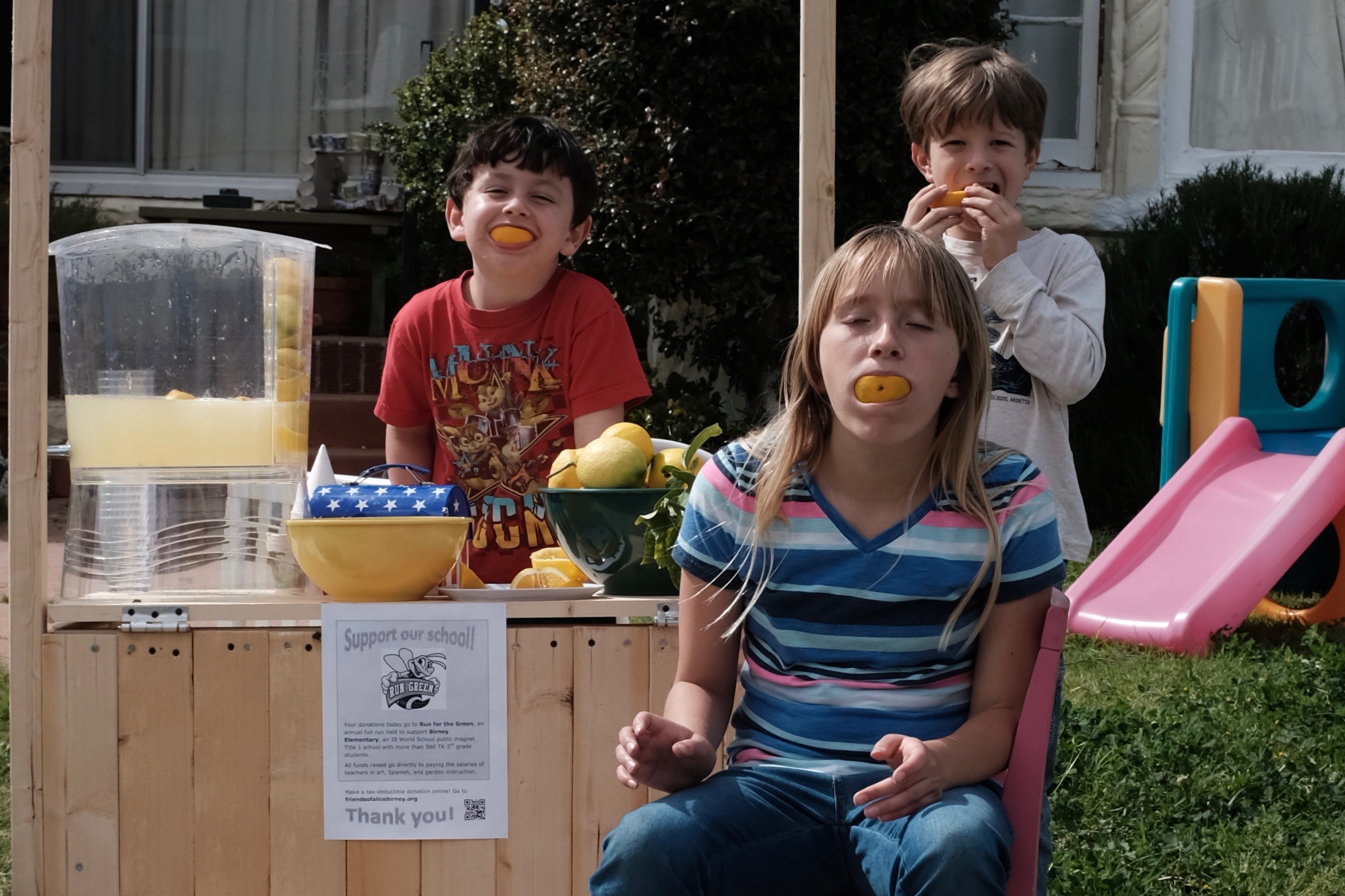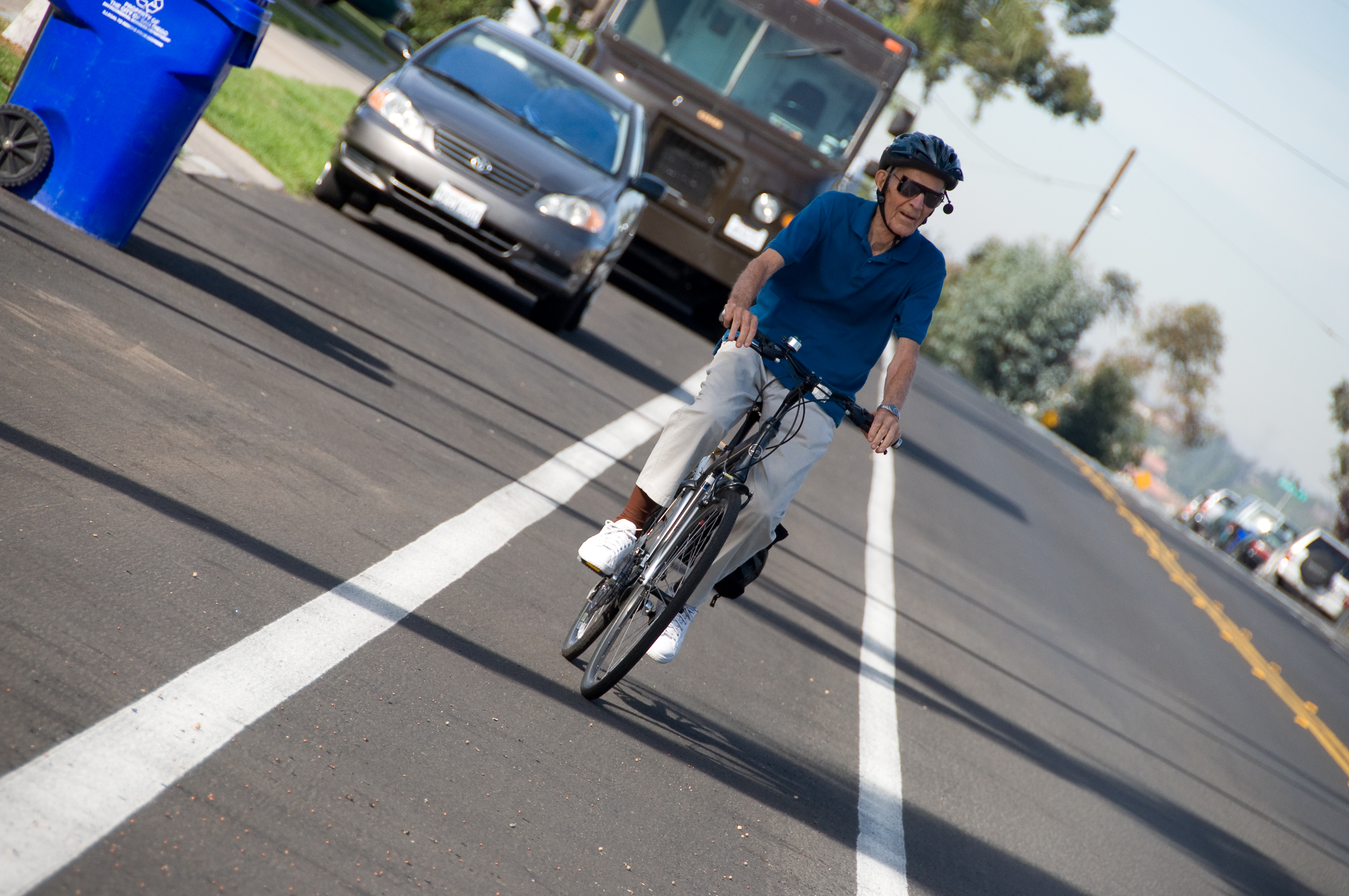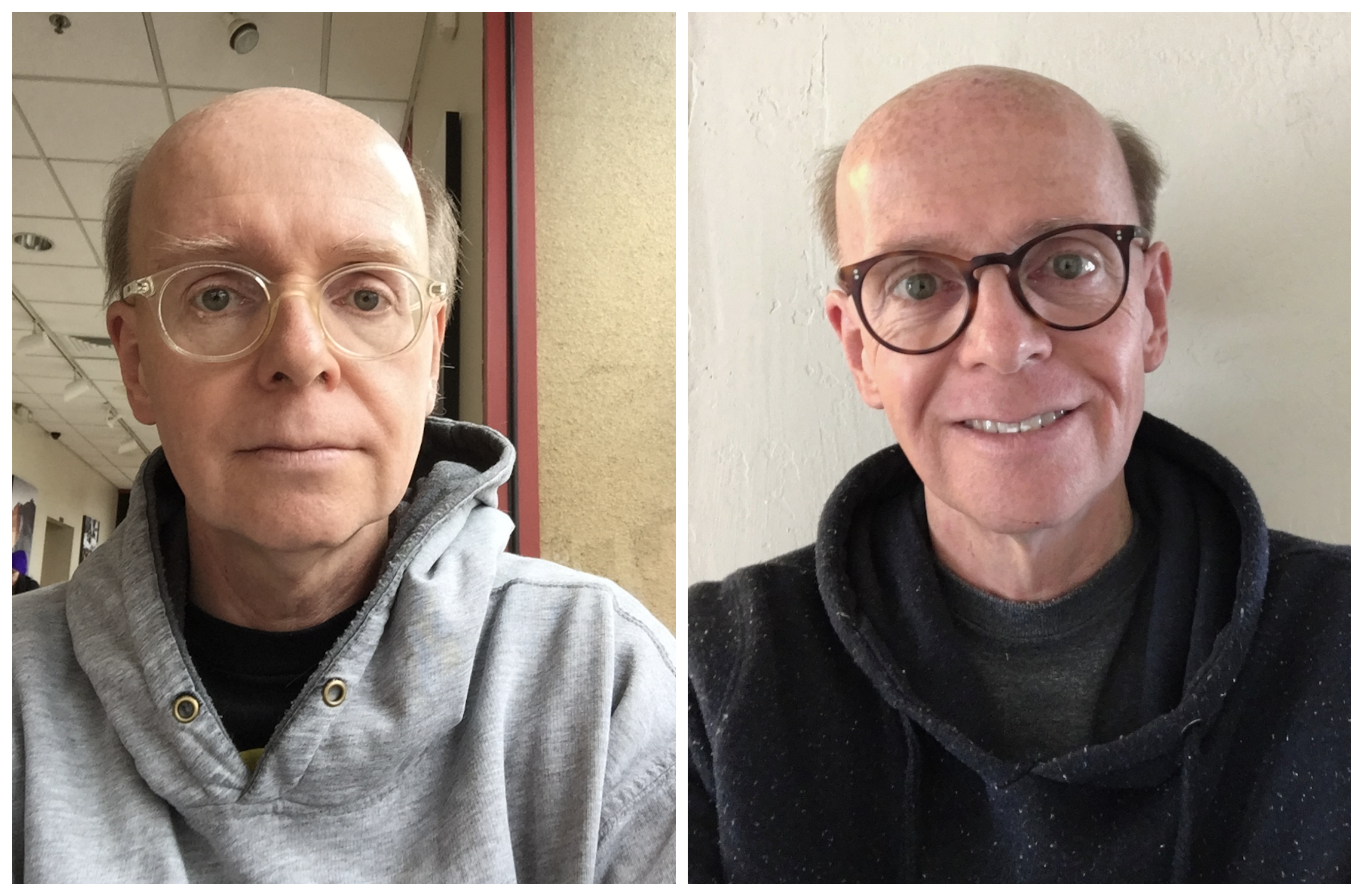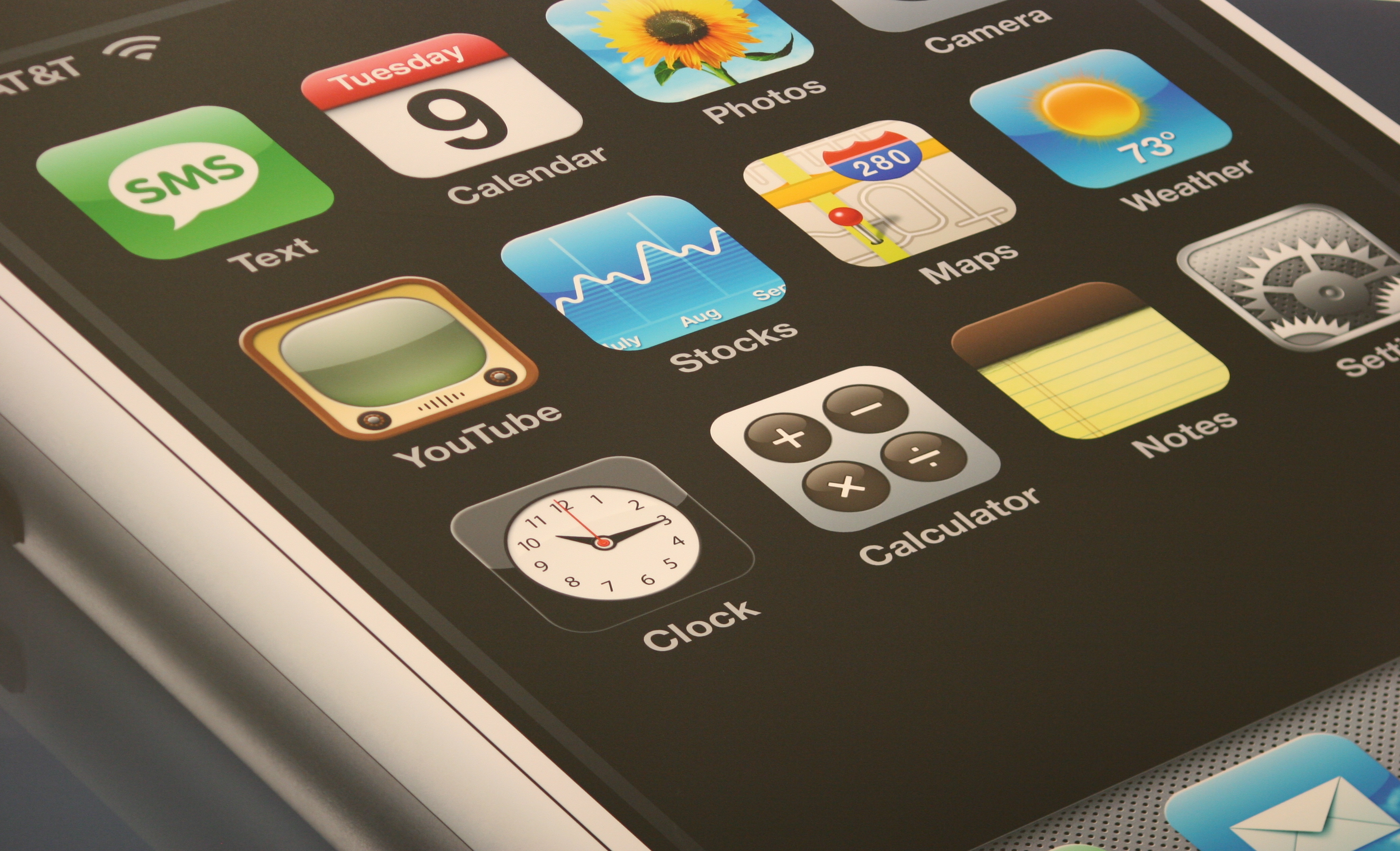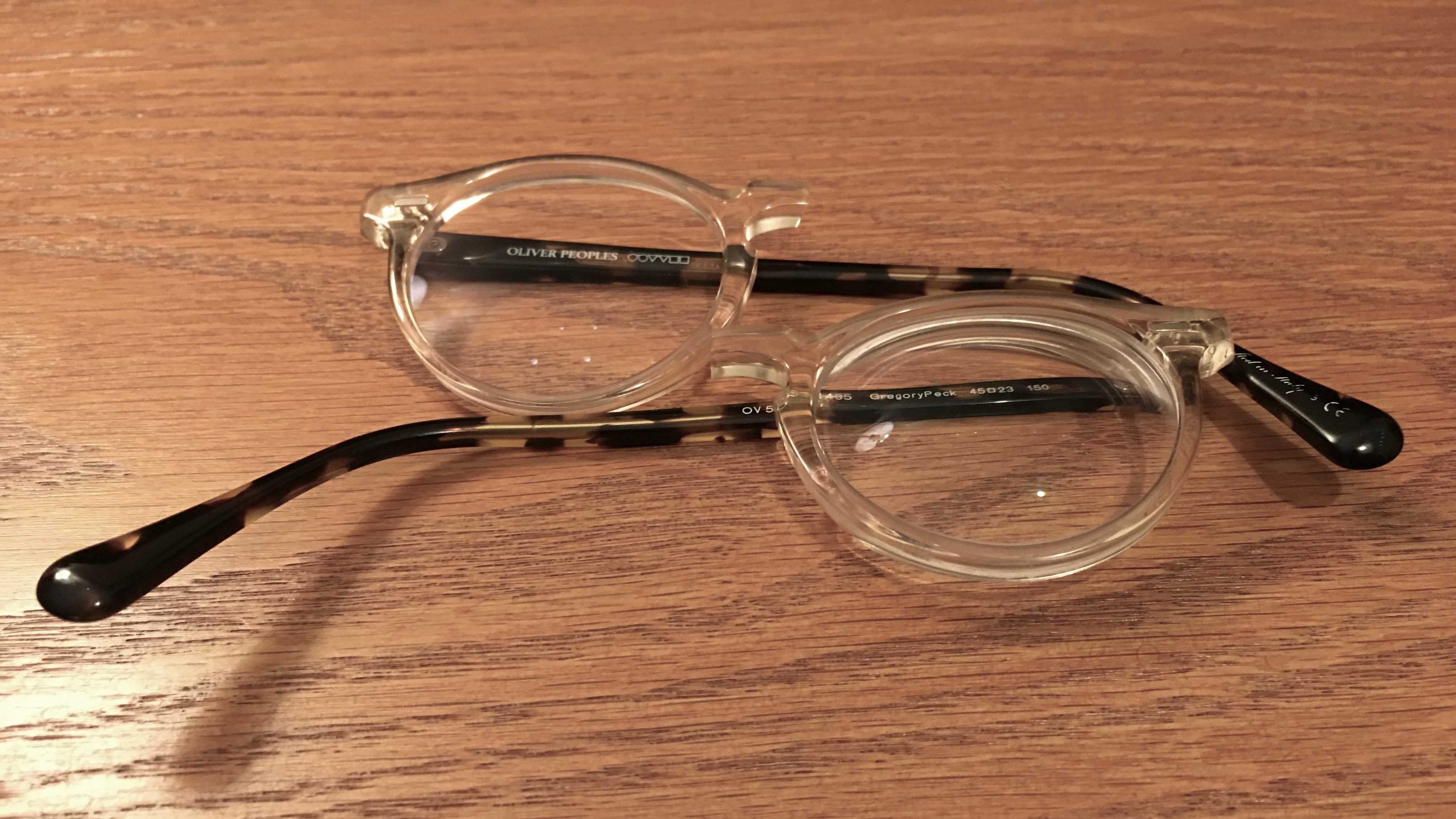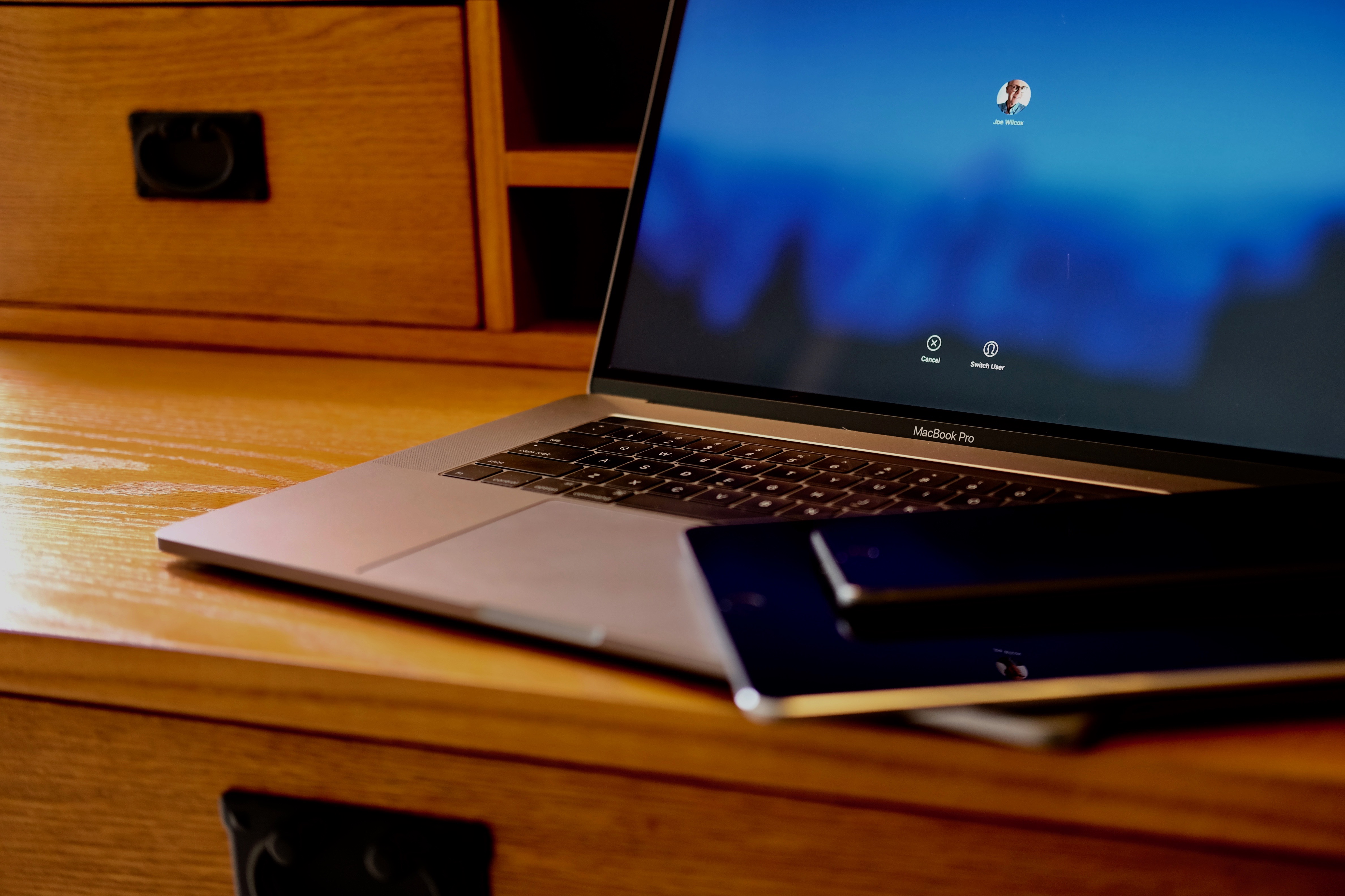Before my wife started watching the new series streaming from Hulu, I warned her: “I can’t imagine how I would feel if a woman”. I had already finished first hour “Offred” from the production based on 1985 tome The Handmaid’s Tale by Margaret Atwood. Three episodes are online now—and their tone and timeliness are visceral and all too familiar, like was the Battlestar Galactica miniseries that followed the 9-11 terrorist attacks by two years. There is something that is too real, too possible—and, unlike the so-called Trump “Resistance”, I don’t refer to the current government in Washington, D.C. No imminent right-wing coup is on the horizon, as so many Liberals want to believe. That’s as fictional as The Handmaid’s Tale.
What’s disturbing is another kind of currency, which is largely lost in the torrent of “it could happen here” commentary: The plight of women portrayed in the series isn’t far removed from what many of them experience elsewhere in 2017. Not in some alternate-reality United States, but across swaths of Africa, Asia, and the Middle East—if not both American continents and Europe. Severity may vary by degrees, but where on this planet isn’t there, at the least, some vestige of the subservient, objectified woman? Liberals, who as a class supposedly champion for the human rights of all people, shouldn’t ignore what is while obsessing about what might be for fear it could happen to them.


